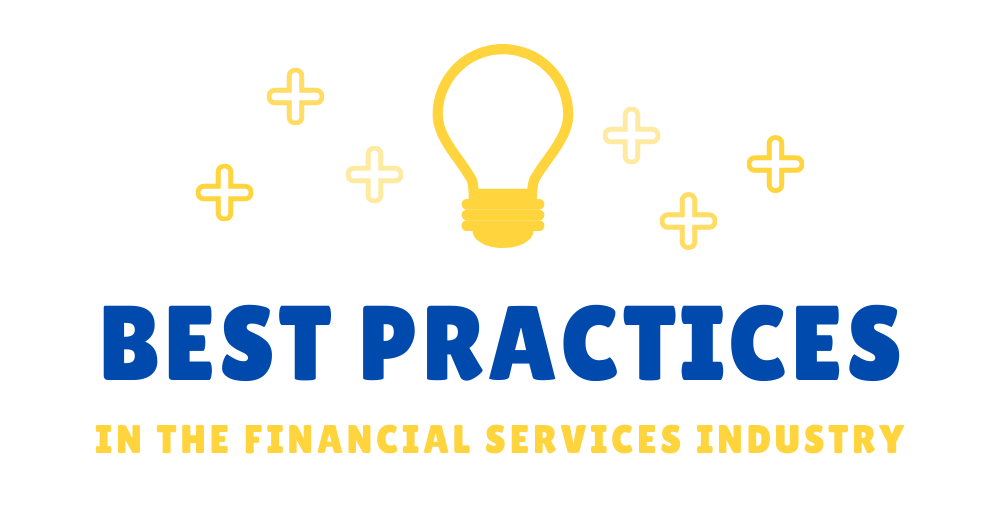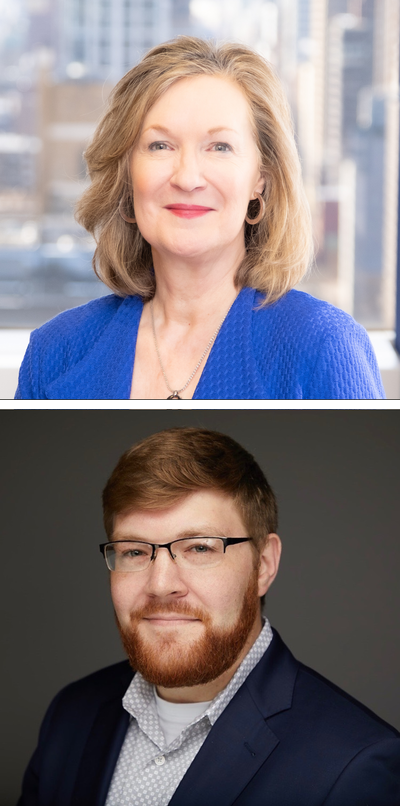|
In this Swift Chat conversation, Marie Swift speaks with Jane Wollman Rusoff, Contributing Editor with ThinkAdvisor and a two-time AZBEE award winner from the American Society of Business Publication Editors. Rusoff's career journey is as diverse as it is fascinating. From delving into consumer electronics during the tech revolution to interviewing some of the biggest names in entertainment, her experience spans multiple industries. She shares anecdotes from her interviews with iconic figures like Dustin Hoffman, John Bogle, Ray Charles, Steve Allen, and William Shatner, giving us a glimpse into their lives beyond the spotlight. Rusoff is also the founder of Family Star Productions, where she helps ordinary individuals create legacy profiles, capturing their memories, values, and philosophies for future generations. These private profiles serve as a timeless treasure, preserving the essence of a person's life story. She shares insights into her unique approach to profiling individuals, including those with cognitive challenges like Alzheimer's. She emphasizes the importance of capturing memories before they are lost, and reveals the surprising depth of recollection even in advanced stages of dementia. She prefers to communicate via email: [email protected]. You can learn more about Family Star Productions at www.FamilyStarProductions.com. Transcript of the ConversationMarie Swift: Welcome back, everybody. I’m Marie Swift, and you're joining me for another great Swift Chat. Today's guest is Jane Wollman Rusoff, contributing editor for ThinkAdvisor. Jane has won two AZBEE awards from the American Society of Business Publication Editors. She's written or co-written five books and created numerous Family Star profiles, which we will talk about in a bit. Jane, welcome. I'm so glad you're here. Jane Wollman Rusoff: Thanks so much for inviting me, Marie. Swift: As always, it’s great to speak with you. Many of our listeners may or may not know you. Could you share what led you to the place you’re at today? How did you come to be doing what you're doing and achieving all these great things? Rusoff: It all started when I was a curious kid and constantly asked a lot of questions; I kept saying, “Why? Why? Why?” Eventually, my father put a lid on it; he'd say, “Because Y is a crooked letter.” Steve Allen, with whom I co-wrote three books, was raised by an aunt, and he used to ask a lot of questions, too. His aunt told him, “Let's put that question in the question box, and we'll answer it later.” Which, I guess, was her way of shutting him up. My career can be divided two ways, the first being what I've specialized in as a reporter and editor. The first main segment was consumer electronics at the start of the technological revolution, with early devices like video games and VCRs. After specializing in electronics for several years, I segued, oddly enough, into writing profiles of comedians. That happened because I interviewed Steve Allen about his records of teaching people how to use computers. Then, I expanded from comedians to cover all actors, musicians, directors, and producers. I interviewed Meryl Streep, Anthony Quinn, Itzhak Perlman, Ringo Starr, and William Friedkin as a director. I’m still covering entertainment. I then began writing about financial services as I still specialized in entertainment and mainly interview thought leaders. Those are two completely different worlds. It's always stimulating, and I never get a chance to be bored. The other way my career has been divided is that I was a staff editor and writer for many years. A number of years ago, I switched to being an independent freelance writer, which has greatly outnumbered my years as a staff employee. It's been a way to grow, branch out, and do many different things. I began writing for the New York Times, The Washington Post, and Esquire when I started freelancing, and it's far more lucrative. Swift: Wow, I wish I was a fly on the wall in some of those interesting conversations. Who was the most fun to interview, the most memorable? Rusoff: There are a few. Dustin Hoffman has had a couple of challenges, but I interviewed him before those, and it was fun. The interview was on the phone; I think he was home in New York, and I was in LA. He had to go. The next time I spoke with him, the interview continued. He was in a taxi in New York on the way to his dermatologist with his daughter. He told me he had to visit the dermatologist because he used to break out, even at that age before filming. He got to his dermatologist, put his dermatologist on the phone with me, and we chatted. That was a very odd interview but a lot of fun. I interviewed John Bogle a few times, he was a fascinating person. The last one was a couple of months before he died; he talked, of course, about indexing but also about being a twin. He had a twin brother and had a heart transplant at 65. He was quite ill when I interviewed him the last time. I told him he sounded very strong, and he said, “No, I'm just faking it. I put on a good front.” Another great interview I had was with Ray Charles in his office. His desk was very cluttered, and it included a chess set with Velcro on each piece. He told me about his great career, how he got into it, and how his mother prepared him after becoming blind because he was not born blind. She said, “When I'm not around, you have to learn how to be responsible and do things on your own.” She taught him how to clean the house. He said, “You know, if you ask me, I could clean this whole office right now.” He was a great one. Of course, Steve Allen was a significant interview because he asked me to write books and articles with him. He was very intelligent, always funny, very efficient, and very cooperative to work with. Another was Paul Reubens, better known as Pee-wee Herman. The first time I interviewed him was on the set of Pee-wee's Playhouse. He was not doing any interviews out of character at that time. He'd always pretend to be Pee-wee. We went into his dressing room, back to the set, and back to his dressing room during the interview, and he was himself. He talked to me as Paul Reubens, which was very unusual. I got to see his serious side. Then, when we went back to the set, he immediately changed back into being Pee-wee Herman. William Shatner was a good one because, believe it or not, he didn't really want to talk about Star Trek, but I eventually got him to. There have been others, but I won't go into detail. Jack Lemmon talked about being born in an elevator. I interviewed Richard Pryor at his home after he was diagnosed with MS. Others include John Travolta, Queen Latifah, Glenn Close, and Chita Rivera. Some I've been happy to be friends with after the interviews, including Julie Newmar, Lily Tomlin, and Imogene Coca from Your Show of Shows, who worked with Sid Caesar on that. Swift: It’s amazing to have an opportunity to glimpse into some really interesting and challenging lives. Let's talk about the work that you do today at Family Star Productions, which is for families. They can have one of their loved ones work with you to create a profile. Why do you do that, and why is it important? Rusoff: I have done thousands of profiles of stars, and I decided it would be an interesting sideline to profile “ordinary people.” A private profile that’s not for publication to celebrate their lives, values, and philosophy in their own words and to pass that on through the generations of their family. It took off. The process is very simple; you talk on the telephone with me. I ask questions to draw out the person's memories, conflicts, successes, and failures because everyone has things that didn't work out. They're talking about their work life and love life, and it's usually the length of a novella or a little shorter. It's all the truth; it's not fiction. Without a Legacy Profile, a person's memories and reminiscences of their lives are lost once they're no longer around. Swift: My family had the opportunity to have you profile one of our loved ones, and it turned out to be a beautiful legacy piece for my husband's father before he went into hospice. We're so grateful that we have that as a legacy of John Swift. Are there other examples of how families or individuals could work with you? Where would they go to learn more? Rusoff: They can learn much more at my website, familystarproductions.com. Swift: I’ve looked at the website and examples myself; you’re fairly flexible about the quote deliverable, right? Are you doing the Legacy books anymore? Rusoff: I'm not doing Legacy books with photos anymore. Very occasionally, I’ll make a video. Mainly, I do manuscripts and text because that's what I'm getting out of the person's head, which is something that other people possibly could not do, because I have a knack for drawing people out. A photo is great, but I capture learning why someone did something, what motivated them, how they felt about it, and their political views or views on religion. Swift: I'm curious for people who are wondering about the age of a loved one who might be a candidate for a Legacy Profiles. I know that none of us are getting any younger, and some of us have cognitive issues. For instance, I’m thinking of my mother. What would you say if I were thinking, “Oh, my mom is too far gone to remember the things I'd like her to share?” Rusoff: I have interviewed and done profiles for people who have fairly advanced Alzheimer's and who are in facilities. There's a way to ask these people questions. It's never too late; I will say that, but not as a blanket statement, because if someone has very advanced dementia, they can't. If they're speaking coherently and can answer a question, it's amazing what they remember. I've also done Legacy Profiles about people who were deceased by interviewing their survivors and relatives about their reminiscences of that person. It's quite interesting, if there are a couple of siblings or more, to learn the aspects of that deceased person from the various members of their family; they could differ and conflict greatly. Swift: That is really interesting. Is there a final word of wisdom or piece of advice that you'd like to leave our listeners with? Rusoff: Take a chance, a version of lean in and get out of your comfort zone. That comes from a ballet teacher I had many years ago. We were at the barre and doing an exercise where you balance on your toes on one foot. She told us, “Don’t hold on, let go of the barre,” because some people would be nervous to let go. She always said, “Let go of the barre. Take a chance.” I've applied it in different areas of my life. Swift: I love that. My mom taught me to think, why not? What's the worst that could happen? Take a chance and lean in; you never know. Things could work out better than you thought if you let go of the barre. Rusoff: Exactly. My mother said the same thing. What's the worst that can happen? If you really think of that, it makes a lot of sense. Swift: It sure does. Jane, this is delightful. Thank you again for spending time with me today at the mic. We look forward to meeting up again, as always, at an industry conference or the next time I'm in your area. Rusoff: I look forward to it. Thank you so much. Swift: Thank you, Jane. Copyright © 2024 by Impact Communications, Inc. All Rights Reserved.
This article/blog post is the intellectual property of Impact Communications, Inc. Any reproduction or use of this content without the express written consent of the author is prohibited. For permissions, please contact [email protected]. Attribution to Impact Communications, Inc. must be provided for any use of this work in accordance with the terms specified by the author. This article first appeared on ImpactCommunications.org on 5/15/24 and was sourced by a professional at Impact Communications, Inc. Comments are closed.
|
About
|
|
Stay Connected
|
Phone: 913-649-5009
©2023 Impact Communications, Inc.
|





